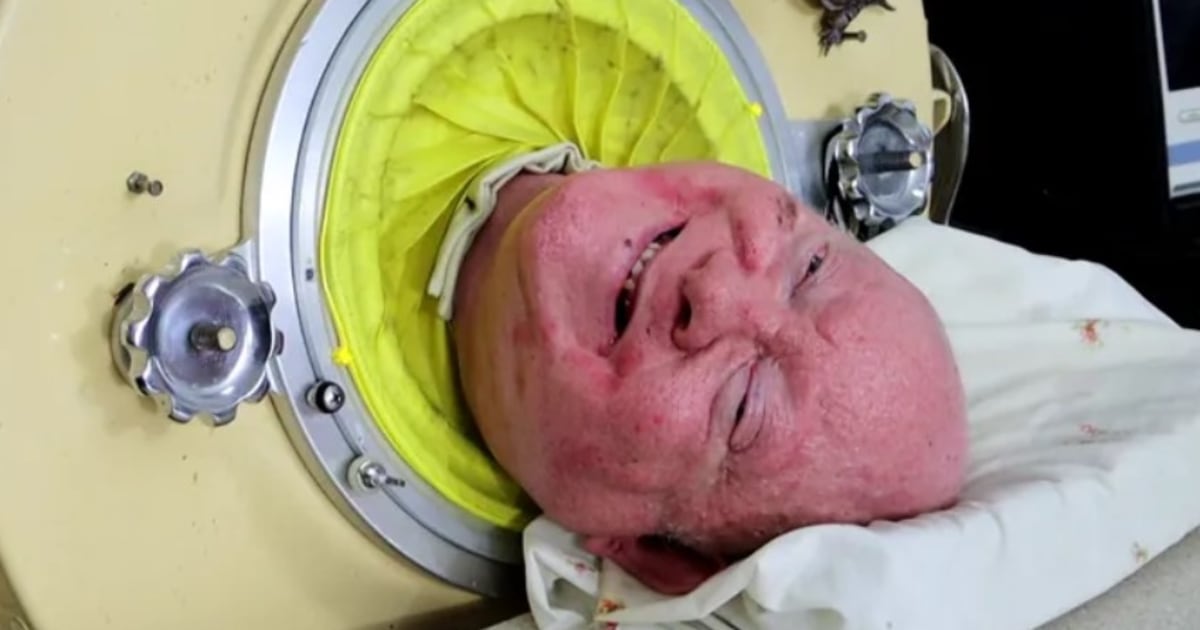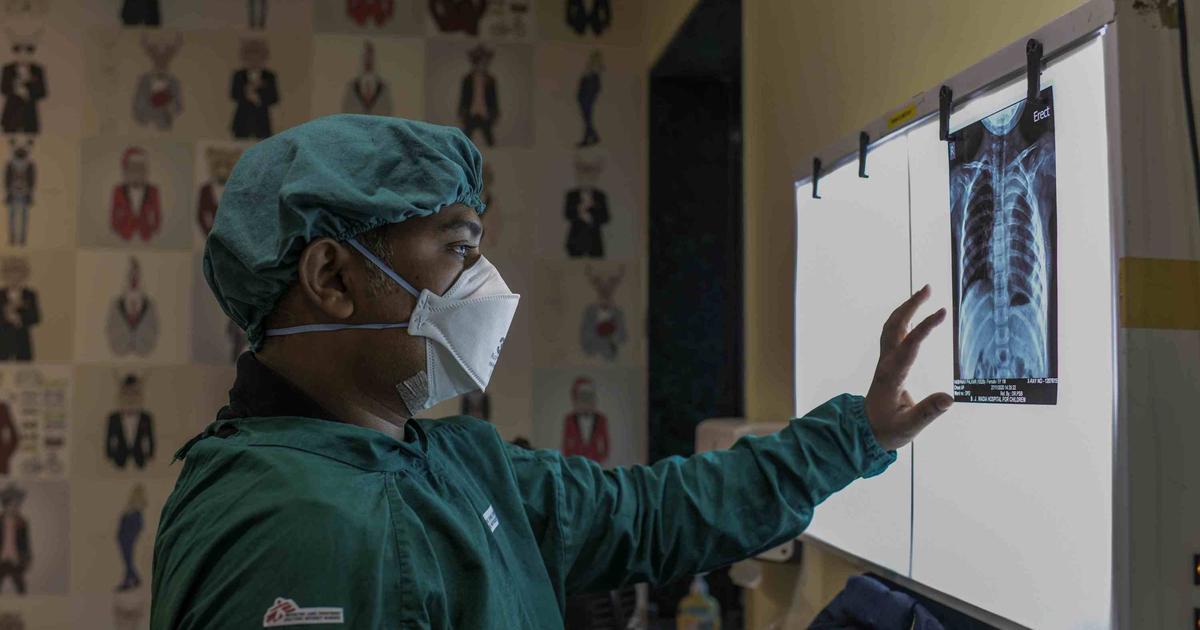"My partner had covid and, although I slept with her, I have not caught it."
This phrase is said by Ana, 37 years old, but it is repeated over and over again with multiple variations: children who do not infect their parents, grandparents to their grandchildren, or very close contacts with no apparent transmission.
Despite being a highly infectious pathogen, SARS-CoV-2 is not infallible.
Multiple reasons, some surely to be discovered, explain why it is common for someone in the same home without too strict measures to get sick and someone who does not test positive.
It is not new.
Already from the first months of living with the covid, it was verified how there were people who were much more transmitting than others, as well as individuals who seemed naturally immune: no matter how close they were to the virus, they did not get it.
Each person's immune system works in a different way and, after seven waves (in Spain) and millions of injected vaccines, each person's may be at a very different time that makes their body's reaction to contact with the virus different. virus.
It is not uncommon for the immune system to reject the pathogen when it enters the body, and does not allow it to accumulate a sufficient charge to give a positive antigen test, which are those that can be bought in pharmacies.
This can happen even with symptoms involved, which would be the reaction caused by immunity to defend itself against the virus.
Another case: Enrique, 76 years old and with the fourth dose of the vaccine just given, has been experiencing cold symptoms for a few days and leading a completely normal life with Clara, his wife, also with the second memory of the recent injection.
After a few nights of coughing, he takes a test and tests positive.
Clara does not develop even a slight sign of the disease.
Have you passed the infection without realizing it?
It's possible.
Perhaps she was even the one who infected Enrique.
Or that she never got it.
"When the vaccine is very recent, it is possible that the specific neutralizing antibodies have been able to prevent this viral load from increasing," explains Marcos López Hoyos, president of the Spanish Society of Immunology.
More information
'Virgins' of covid: "I must be one of the few who have not passed it, they ask me if I am made of another material"
Vaccines do not prevent infection, but they do reduce the chances, especially in the weeks and months after infection.
Statistically, it is not uncommon that, with the same doses and exposure, some people become infected, with or without signs, and others do not.
And this happens with vaccines, but also with the natural immune response, which is more effective if the disease has passed, and is even more so the closer that event is.
José Antonio López Guerrero, professor of microbiology at the Autonomous University of Madrid, explains that there are many factors involved in contagion: "If you are vaccinated (or previously infected), when you become infected again through the oropharyngeal or nasopharyngeal routes, your immune system can be armed very efficiently, trigger an effective response, and cause symptoms before you even have a sufficient viral load to test positive for an antigen test.
Or even never test positive.
There may also be genetic variability that makes some people even immune to covid.
No mutation has been discovered that makes this possible, but scientists do not rule out that it will come to light over time, as has happened with other diseases, such as HIV or malaria.
This could explain the cases of some individuals who, despite being close to the virus wave after wave, have never tested positive.
To all these factors, Juan Carlos Galán, head of Virology at the Ramón y Cajal hospital in Madrid, adds another: the real capacity of the tests to detect the virus.
To check if it has reached the body, it would not be worth a home antigen test;
a PCR would be necessary, capable of identifying even minimal viral loads.
Those from pharmacies, despite being a good predictor of the disease in people with symptoms, have a margin of error, which increases in those who do not present symptoms.
And, in many of those that are sold, their reliability may decrease with new variants, since as the virus evolves, they may lose effectiveness.
“They have not been studied as much [as PCR] and the sample taking can have a lot of variability,” argues Galán.
What to do before a contact?
A frequent situation, which happened in the examples mentioned, is finding out that someone in the family or very close contacts has tested positive after several days of symptoms, when there has already been a lot of coexistence.
At that point, does it make sense to start isolation or measures to prevent transmission, or is the die cast?
Here, too, there are no unequivocal answers and everything moves within the realm of probabilities and precaution.
López Hoyos believes that at least certain precautions should be taken, such as wearing a mask, to avoid spreading the virus in the environment.
“At the moment it is positive, it can have a higher viral load and I would try to have some protection,” he argues.
His colleague López Guerrero agrees and this is what he has done in the two cases in which he has experienced a similar situation: “That person can still be infectious-contagious and it is better [to do something] late than never.
My wife tested positive while we were together and that day she isolated herself.
And half a year later I tested positive and she, who was at her daughter's house when I took the test, stayed there for a week.
Neither she infected me, nor I her.
Galán is more forceful: “Transmission is a probabilistic event and, until the contrary is proven, the individual who is not infected should avoid further increasing the chances of exposure.
Therefore, after close contact, the exposed individual should monitor her progress, get tested, and avoid further exposure to the source.”

/cloudfront-eu-central-1.images.arcpublishing.com/prisa/F6QAC6WYM2KEBGYFGUQBWIRZ6I.jpg)







